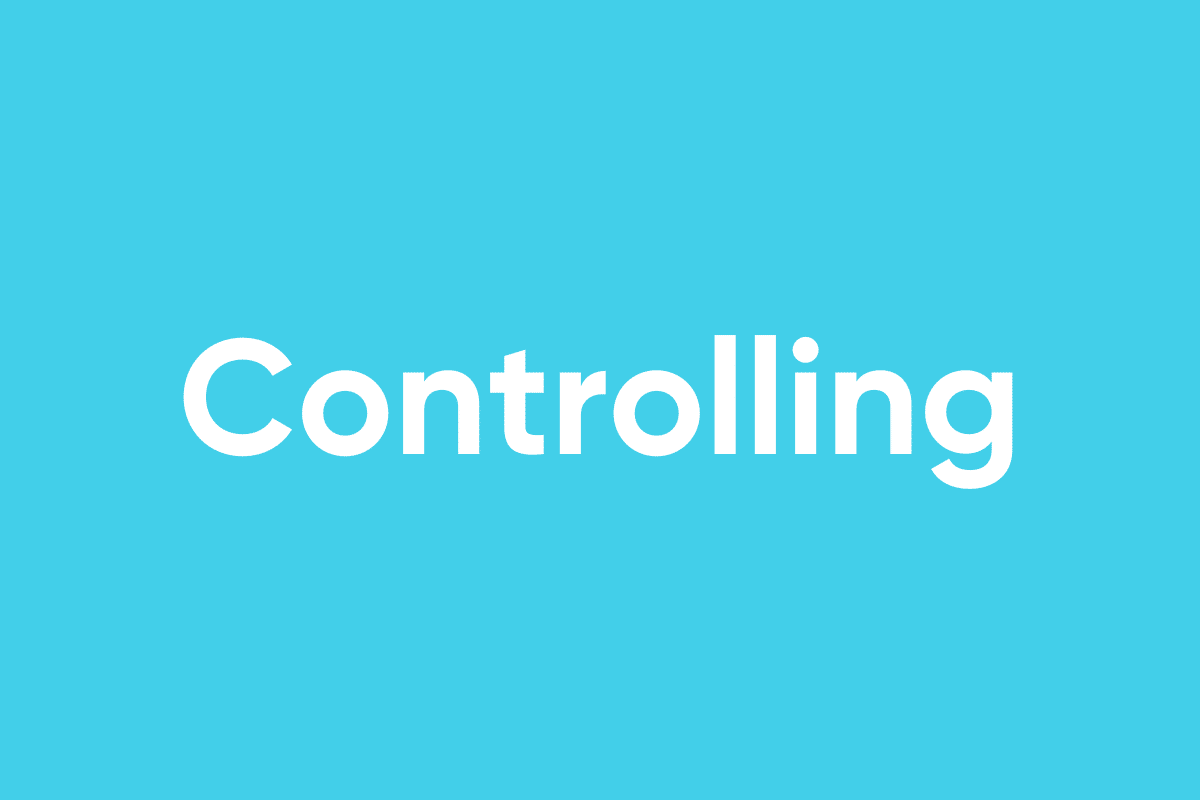1 – Share what personally moves you.
To upload good posts, you need to know for yourself what you stand for and what views you hold.2 – Consistency is key
Personal branding is a long-term game. Starting with 5 posts per week is probably not sustainable. It’s better to begin with fewer posts and consistently stick to it.3 – Comment on posts
This way, you can start with just 15 minutes a day, browsing through your LinkedIn feed and engaging with interesting posts. With a well-thought-out comment, you become a part of the post, and sometimes you might even receive more likes than the original post itself.4 – Post pictures
Ideally, they will reinforce the core message of the text. This way, posts tend to receive significantly higher view counts.“My advice for people who are just starting with their personal brand on LinkedIn: Write comments.”
What role does personal branding play in today’s business world? Who does it particularly suit? In an interview with FLEX Managing Partner Peter Waleczek, LinkedIn personal branding expert Oliver Kohl reveals what personal branding means to him personally and how it can function as an efficient tool.
Peter Waleczek: Thank you for taking the time for this conversation, Oliver. In this interview series, we’re focusing on personal branding.
How did you become an expert in the field of personal branding?
Oliver Kohl: I’d be happy to share that with you. My journey began with Johannes Kliesch, whom I’ve known for 12 years now. In 2016, he founded SNOCKS, a D2C brand specializing in socks. Three years later, in 2019, Johannes approached me. He had plans to focus on the LinkedIn platform and use it more extensively for his company.
Since he found little time for social media activities in his entrepreneurial life, he promptly asked me to take over these tasks. Initially, I responded to comments on LinkedIn and published posts on his behalf. It was advantageous at this point that I had known Johannes for so long, so I was familiar with how he writes and expresses himself. I managed to maintain the crucial authenticity in this role.
Who is the use of the LinkedIn platform suitable for in order to successfully carry out personal branding?
Oliver Kohl: I believe it’s suitable for everyone, as long as there’s clarity about what one wants to achieve through its use. I generally advise founders and CEOs to showcase their personality on LinkedIn and present the brand as approachable as possible – essentially giving it a face.
I find this strategy important for employees as well. It allows you to leverage the company’s reach for yourself. My tip: Always post what personally moves you. Ultimately, it’s about building a network for yourself on social media. Once you’ve achieved that, for instance, it becomes easier to make a career change.
Oliver Kohl: I generally advise founders and CEOs to showcase their personality on LinkedIn and present the brand as approachable as possible – essentially giving it a face.
What are the initial steps in personal branding, and how long does the process take?
Oliver Kohl: To determine how long the process takes, I first need to know what goal I’m aiming to achieve with personal branding. If I take Johannes Kliesch as an example, I can precisely say how long it took to reach 50,000 followers on LinkedIn: 2.5 years and around 700 posts, along with responding to numerous comments. However, whether one has developed into a personal brand is not something I would define based solely on quantity.
Personal branding is a long-term game. Giving a general timeframe for this process is difficult. It’s sensible to analyze the progress after about 6 months for the first time. For instance, one can look at the significant contacts that have been established.
If I take Johannes Kliesch as an example, I can precisely say that it took 2.5 years and around 700 posts, along with responding to countless comments, to reach 50,000 followers on LinkedIn.
How much time does seriously pursued personal branding take?
Oliver Kohl: The most important thing at this point is consistency. However, starting small seems more reasonable to me than the ambition to upload a post every day. I never sustain the latter over the long term. My tip for people who are just starting with personal branding is to focus on comments. They are less time-consuming than posts. For example, you can block off 15 minutes in your calendar every day for two weeks, browse through your LinkedIn feed, and engage with interesting posts. With a well-thought-out comment, you’re essentially becoming a part of the post, and sometimes you might even receive more likes than the original post itself.
With a well-thought-out comment, you’re sort of becoming a part of the post, and sometimes you might even receive more likes than the original post itself.
How do you find engaging topics for your posts?
Oliver Kohl: To upload good posts, you need to know for yourself what you stand for and what views you hold. Let’s take Johannes as an example again: He’s a young founder, a doer, and he supports others who inspire him.
Then it’s about the framing of the post. After SNOCKS’ 5th anniversary, on LinkedIn, we did write that it was a very successful milestone. However, we also took the opportunity to thank the community for their tremendous support and conveyed that there’s always room for us to continue learning in the future.
Ultimately, at the beginning, it’s always about experimentation. Then I observe and analyze how followers respond to posts and can continue with those topics. At this point, one should also consider how often they want to publish posts per week or per month, and keep in mind that valuable content tends to require more effort to create.
Which content formats are currently performing the best on LinkedIn?
Oliver Kohl: It depends on how one defines their own personal branding and where they want to go with it. Currently, surveys on LinkedIn definitely receive the most reach. However, this isn’t necessarily qualitative reach. You can tell this by the fact that follower numbers don’t increase as strongly in the days following the survey’s publication as they would if a post with similar view counts had been published.
Personally, I recommend posting images. Ideally, they should complement the core message of the text. This way, posts tend to receive significantly higher view counts.
On the other hand, slideshows are a great option for presenting a lot of content in a visually appealing and organized manner. They are concise and to the point. For instance, you can effectively present financial metrics using slideshows, making it an excellent way to showcase the entrepreneur’s expertise.
Currently, surveys on LinkedIn undoubtedly receive the most reach. However, it’s important to note that this reach may not necessarily be of high quality.
Do you have an ultimate tip for the topic of personal branding?
Oliver Kohl: If I had to narrow it down to one thing, it would probably be comments. Their significance is currently underestimated. It’s crucial to respond to a post from a company with a large following with a meaningful statement. This way, others can see that you have expertise in this area and will take notice of you. You can significantly increase your own reach with a comment. It’s not just about praising the post exclusively. Constructive criticism is also valuable, as long as you have a clear opinion on something.
Peter Waleczek: Thank you very much for the interesting conversation and your shared expertise.
Oliver Kohl: From my side as well, thank you for the invitation and the conversation.












